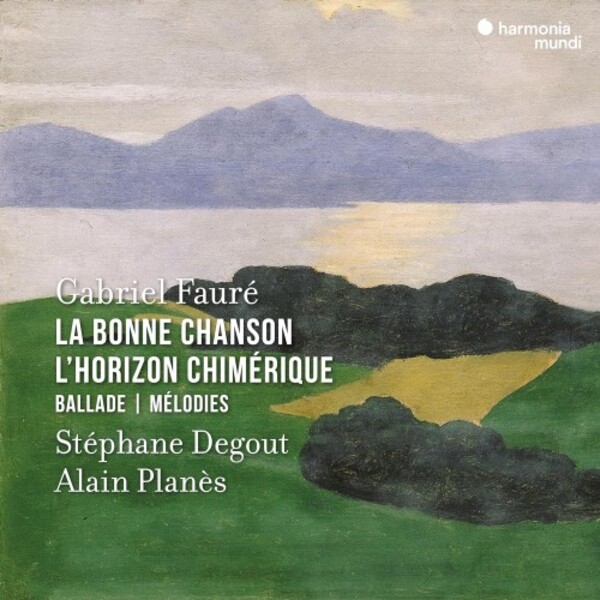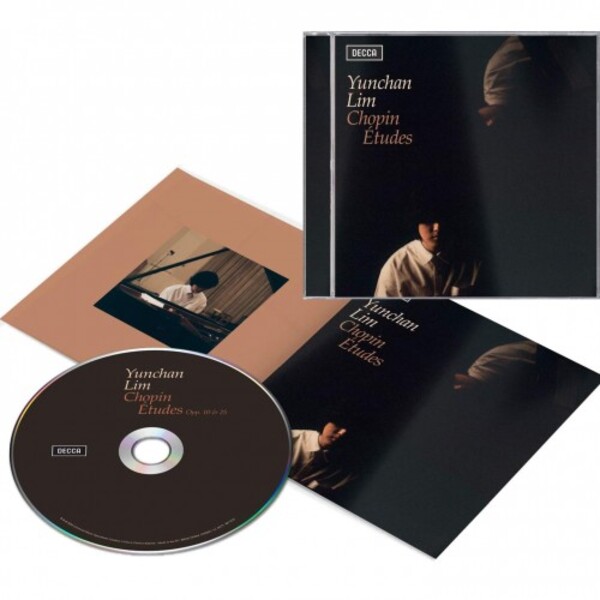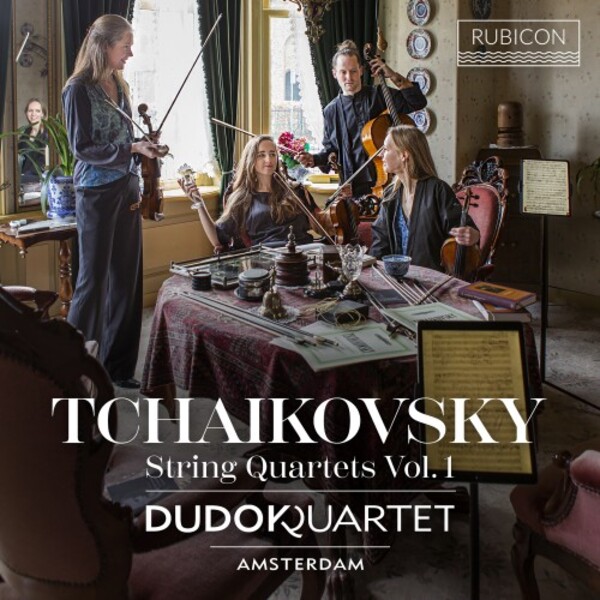
The Europadisc Review
Faure - La Bonne Chanson, L’Horizon chimerique, Ballade, Mel...
Stephane Degout (baritone), Alain Planes (piano)
£12.95
Together with the bicentenaries of the births of Smetana and Bruckner, one of this year’s major musical anniversaries is the centenary of the death of French composer Gabriel Fauré (d. 4 November 1924). His complete chamber music recently appeared on an impressive six-disc set from Alpha Classics, while the complete solo piano works played by Lucas Debargue appeared on a four-disc set from Sony Classical. Until now, however, there have been no new issues devoted to a key part of Fauré’s output: his songs (perhaps unsurprising, since the excellent series of Signum discs comprising his complete ... read more
Together with the bicentenaries of the births of Smetana and Bruckner, one of this year’s major musical anniversaries is the centenary of the death of French composer Gabriel Fauré (d. 4 November 1924). His complete chamber music recently appeared on... read more
Faure - La Bonne Chanson, L’Horizon chimerique, Ballade, Mel...

Stephane Degout (baritone), Alain Planes (piano)
The Spin Doctor Europadisc's Weekly Column

New Baroque and Classical Jewels 22nd May 2024
22nd May 2024
Our thanks to all those who have responded to our recent pieces about the problems currently facing the arts – and classical music in particular – during a period of unprecedented uncertainty. Some of you felt that we were being unduly pessimistic, and in some areas of local musicmaking there is certainly cause for celebration. Others thought that the blame for any long-term disconnect between classical music and wider audiences lay squarely at the door of musical modernism: a subject that is close to our hearts and to which we hope to turn in the near future.
Yet virtually all respondents felt that education lay at the heart of the matter, and particularly the access of all children – whatever their circumstances and background – to high-quality musical education and tuition. Many of you recalled your own formative exposure to music, and such opportunities are... read more
 FREE UK SHIPPING OVER £30!
FREE UK SHIPPING OVER £30!























